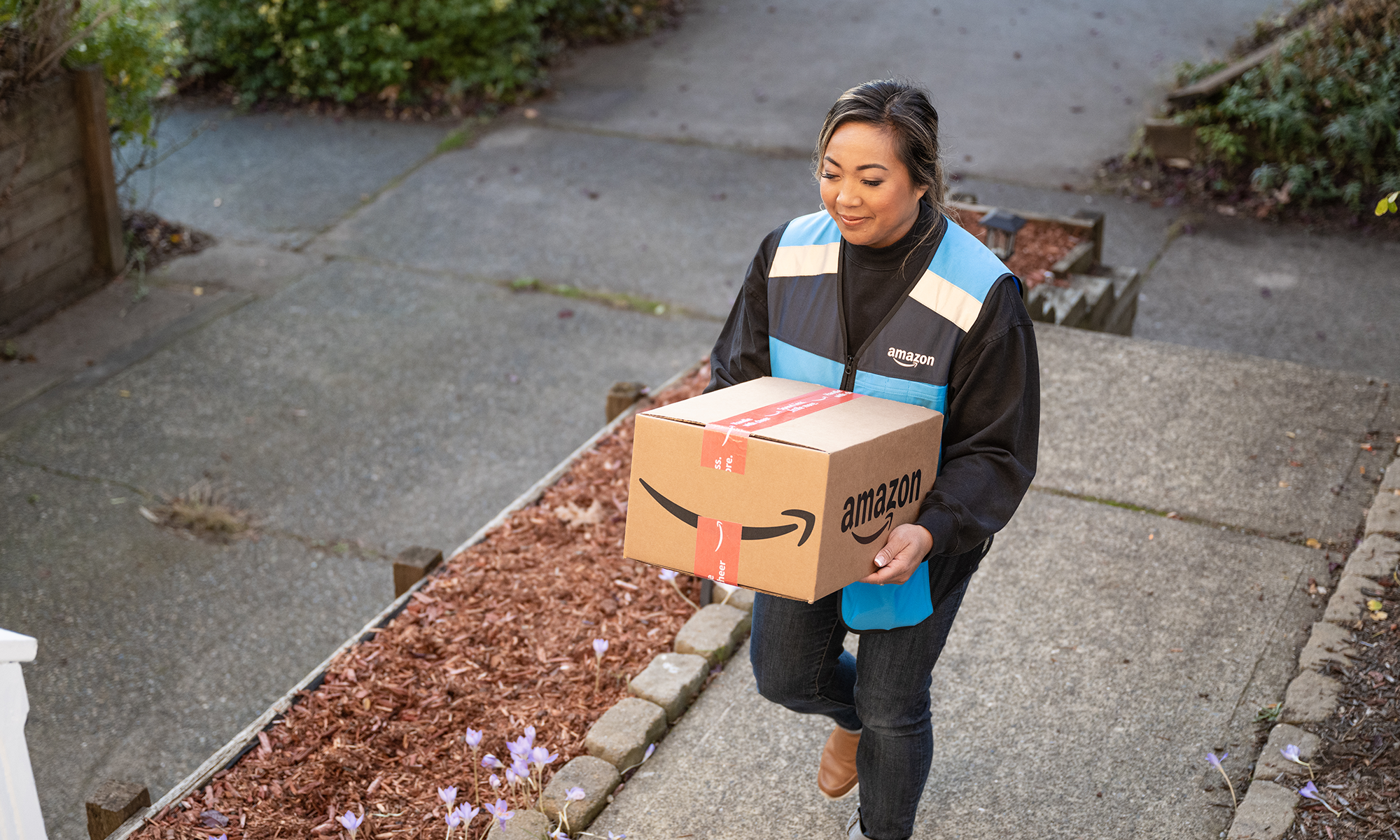If you'd asked FedEx's (FDX +2.67%) management at the beginning of the year whether Amazon (AMZN 2.31%) poses a meaningful threat to its business, they would have said something like, "We don't see them as a peer competitor at this point in time. For many reasons, we think it is doubtful that will be the case."
I know that because it's exactly what management said during its second-quarter earnings call when asked about it in November.
But FedEx has done a 180 on Amazon. In June, it said it wouldn't renew its FedEx Express air cargo contract with Amazon. In its 10-K report filed in July, management noted: "Some high volume package shippers, such as Amazon.com, are developing and implementing in-house delivery capabilities and utilizing independent contractors for deliveries, and may be considered competitors." And now it's ending its last-mile ground delivery contract with Amazon, according to a Thursday report from Bloomberg.
For investors in both FedEx and Amazon, it's important to understand why management has suddenly changed its tune about Amazon's logistics operations.

Image source: FedEx.
The biggest change since the start of the year
The biggest focus for Amazon over the last few months has been its push to evolve Prime shipping from a two-day guarantee to one day. By the end of the second quarter, it could already guarantee one-day shipping on over 10 million items nationwide. That's thanks, in large part, to an additional investment of over $800 million in the online retailer's fulfillment network.
Amazon's investments in its fulfillment network won't be slowing down anytime soon. CFO Brian Olsavsky said he expects the costs associated with expanding one-day shipping selection to climb even higher in the third quarter compared to last quarter.
As Amazon continues to invest in its fulfillment capabilities -- more air hubs, more planes, and more delivery truck contractors -- its reliance on FedEx for those services is diminishing. Indeed, FedEx points out that Amazon accounts for just 1.3% of the company's overall business. That number could be much higher if Amazon weren't building out its own fulfillment network.
It's unlikely FedEx's move will put much of a dent in Amazon's plans to expand its one-day product selection. FedEx accounts for a relatively small percentage of Amazon's last-mile delivery compared to UPS, the USPS, and Amazon's private contractors. Still, it lights a fire under Amazon to bolster its investments and ensure it can withstand the holiday season. Investors should expect Amazon's investments in fulfillment to continue to drag down profits in the near term, but it should show increased efficiency in the long run.
This will hurt FedEx much more than it hurts Amazon
There's no doubt that Amazon put a lot of pressure on FedEx to deliver packages faster and cheaper, and that as it gained purchasing power that pressure only increased. The move to cut off Amazon may be too little, too late to curb its ability to get items to customers' doorsteps in a matter of hours. Amazon has several profit centers now, which gives it plenty of capital to invest in fulfilling orders itself. Even still, it's always been willing to sacrifice short-term profits for long-term success.
FedEx says it's ending its relationship with Amazon in order to focus on the broader e-commerce opportunity. Indeed, it partnered with big-box retailers earlier this year to offer Extra Hours, a late-night store fulfillment program.
But Amazon doesn't just put pressure on its shipping partners, it puts pressure on the entire industry. When Amazon announced its one-day shipping initiative, Walmart answered back with its own one-day shipping service. Amazon's dominance of e-commerce means it makes the rules for online shopping. Amazon's purchasing power is inescapable for FedEx.
FedEx's decision to end its contracts with Amazon shows it's taking the threat of the online retailer's logistics network seriously, but there's not much it can do to protect itself from Amazon's impact on its business.







